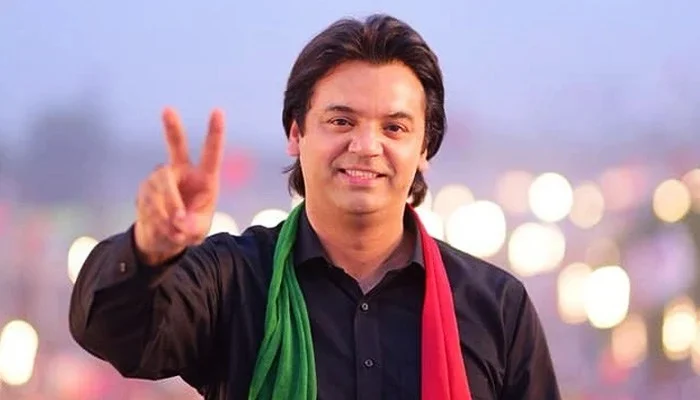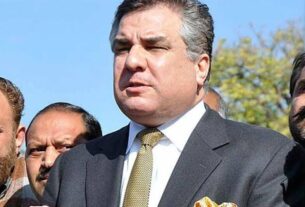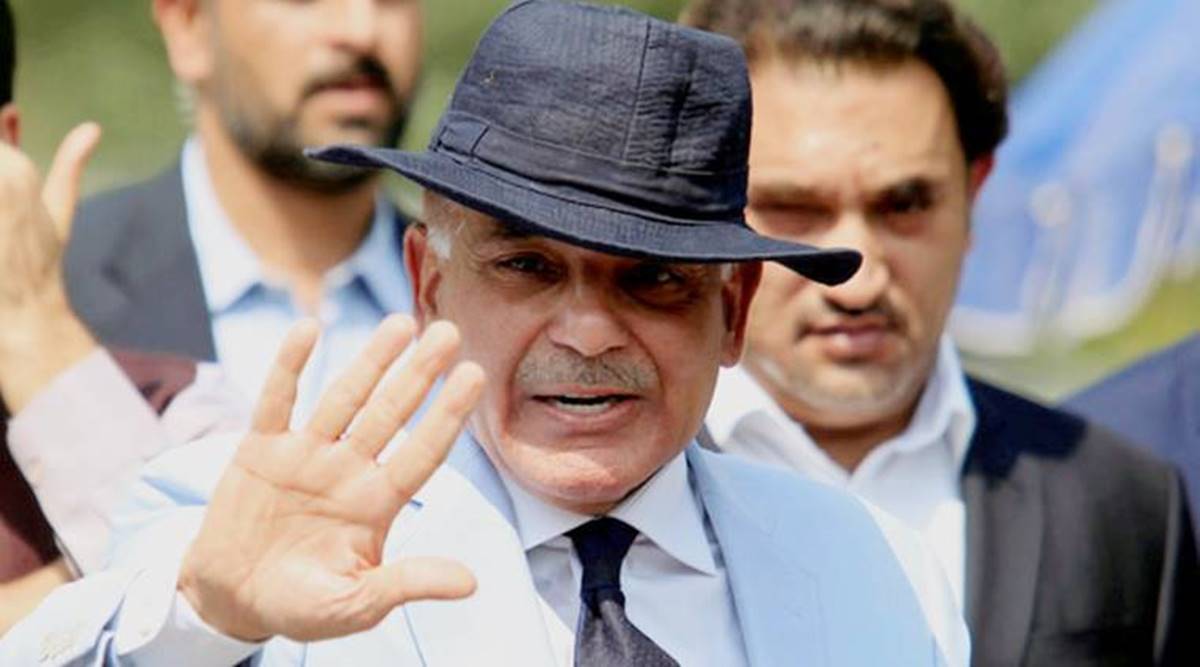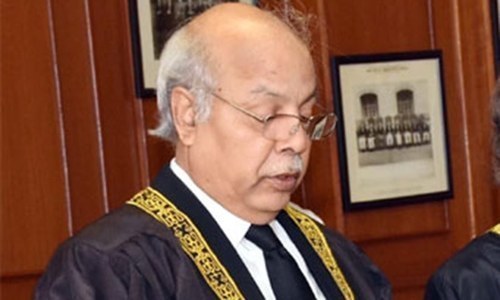Pakistan Tehreek-e-Insaf (PTI) Chairman Imran Khan’s close aide Usman Dar Wednesday announced leaving the former ruling party, with May 9 — the day when PTI workers ransacked state installations after the ex-premier’s arrest — being the primary reason behind his decision.
“The motive behind May 9 events was to overthrow the army chief [General Asim Munir],” Dar said during an interview with a private television channel, as he came to the fore days after PTI claimed he had been “abducted”.
Dar’s brother-in-law filed a petition in the Sindh High Court, and a day earlier, the province’s top court directed police to register a case of his disappearance.
But after resurfacing today, the now-former PTI leader blamed the party’s leadership for orchestrating the May 9 events.
In what can be called a charge sheet against the PTI chief, Dar said Imran himself chaired the meeting that decided the “plan of action” if he were arrested.
“The PTI chairman, in case of his arrest, ordered [the party] to target sensitive installations,” Dar said about Imran — who is currently imprisoned in Adiala jail. He was arrested on May 9 in a graft case, and although the sentence was suspended, he was sent to jail again in the ‘cipher’ case.
Dar, who served as a special assistant during the PTI’s tenure, said Imran “brainwashed” party workers to thwart his arrest. “He used workers as a human sheild,” the former government official claimed.
Dar has become the latest politician to quit the party, joining a long list of leaders — including Fawad Chaudhry, Shireen Mazari, and Pervez Khattak — who parted ways with Imran following May 9.
A crackdown was also launched against those involved in the events, leading to the arrest of hundreds of party workers and leaders — including Vice Chairman Shah Mehmood Qureshi.
Policy of confrontation
“I believe that the May 9 incident did not occur in a day,” Dar said, claiming that after the PTI was removed from power through a parliamentary no-confidence vote, “two mindsets” emerged in the party.
One group — including Azam Swati, Hammad Azhar, Murad Saeed, and Farrukh Habib — was in favour of confrontational politics.
The other group consisted of PTI leaders like Asad Umar, Omar Ayub, Ali Muhammad Khan, Shafqat Mehmood, and himself, who believed that the party should reconcile with the army.
Dar said that PTI’s foundations shook post-May 9, asserting that it was the PTI chairman himself who supported an anti-state narrative.
“The PTI chief is responsible for the current circumstances. Indeed, May 9 was a shameful day, of which no condemnation can be enough,” the ex-special assistant to then-premier Imran insisted.
Also Read: Out with Fayyazul Hassan Chohan! Enter Firdous Ashiq Awan!





